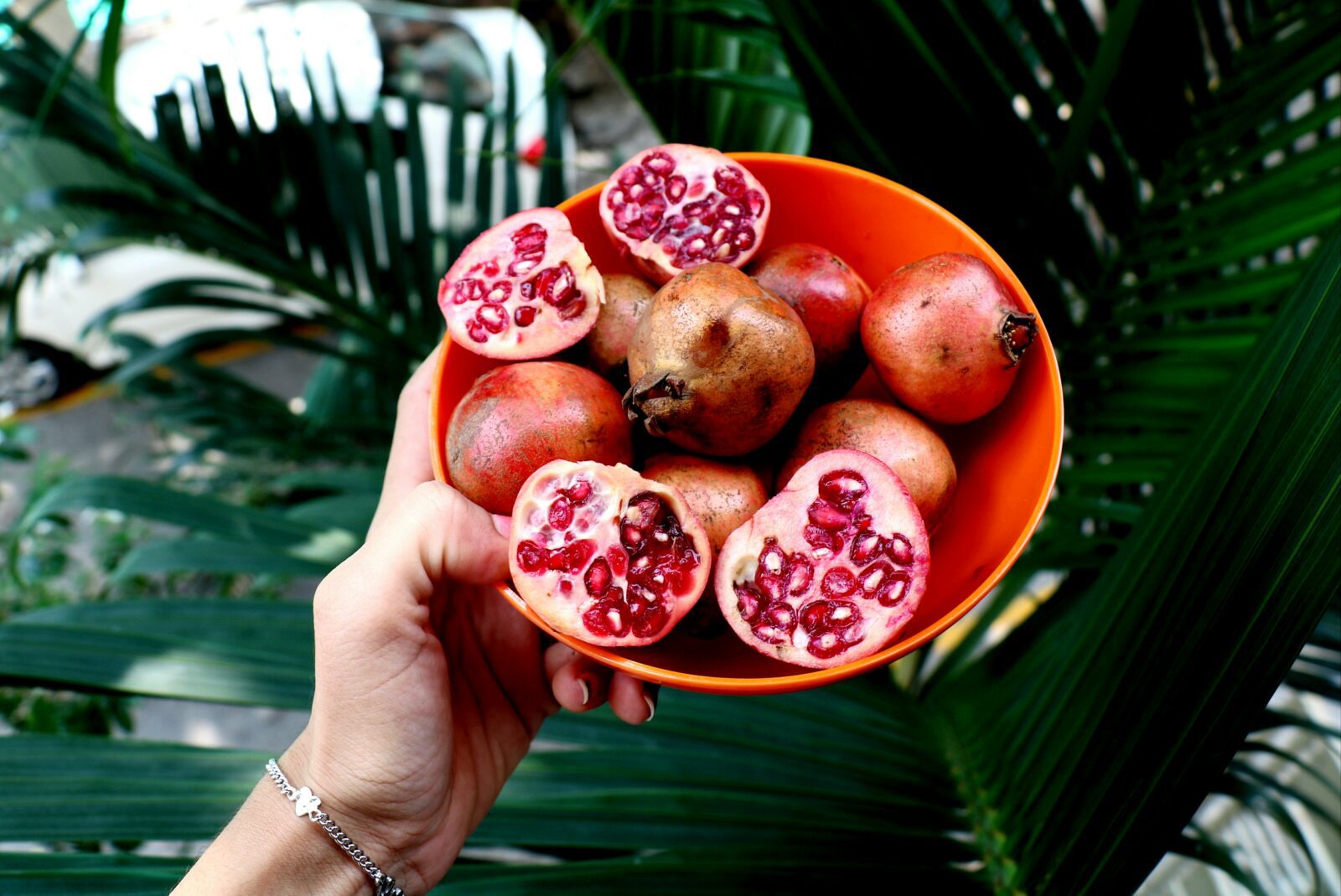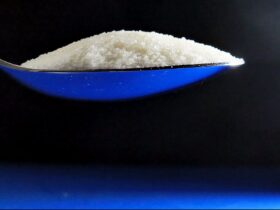In the ancient world, pomegranates were considered a kind of fruit of divine origin, rare and mysterious. The ancient Greeks even put pomegranate seeds in their hair.
Pomegranate seeds have lots of flavors. You can make a pomegranate sauce by pureeing the seeds, adding a little lemon juice and honey. You can also make pomegranate molasses, which sounds like a strange combination until you try it. You can eat pomegranate seeds. If you cook them long enough, they soften up, and you can eat them whole. Pomegranate seed is like a miniature planet, with a hard outer shell and juicy interior.
Health benefits
Pomegranates are one of the most amazing fruits in the world. They are loaded with antioxidants, vitamins, minerals, and fiber. They are rich in many phytonutrients, like punicalagin, which is a potent cancer fighter. Pomegranates contain ellagic acid, an antioxidant that has been shown to inhibit cancer development in animals. Studies have found that pomegranates can help prevent colon, breast, and prostate cancer.
Pomegranates are rich in vitamin C, which is a vital nutrient for the immune system. Diets rich in vitamin C can help reduce the risk of infection and disease. Pomegranates are rich in fiber, which can help reduce cholesterol and prevent many chronic diseases. Pomegranates are rich in potassium, which is an important mineral for heart health.
Potassium helps regulate blood pressure and can help prevent strokes, heart attacks, and kidney damage. Pomegranates are high in folic acid, which is important for pregnant women. Pomegranates are an excellent source of iron, another mineral important for pregnant women. Pomegranates are high in fiber, which helps reduce cholesterol and prevent many chronic diseases.
The seeds contain high amounts of punicalagin, a powerful antioxidant that has been shown to inhibit cancer development in animals. Studies have found that pomegranates can help prevent colon, breast, and prostate cancer.











Leave a Reply